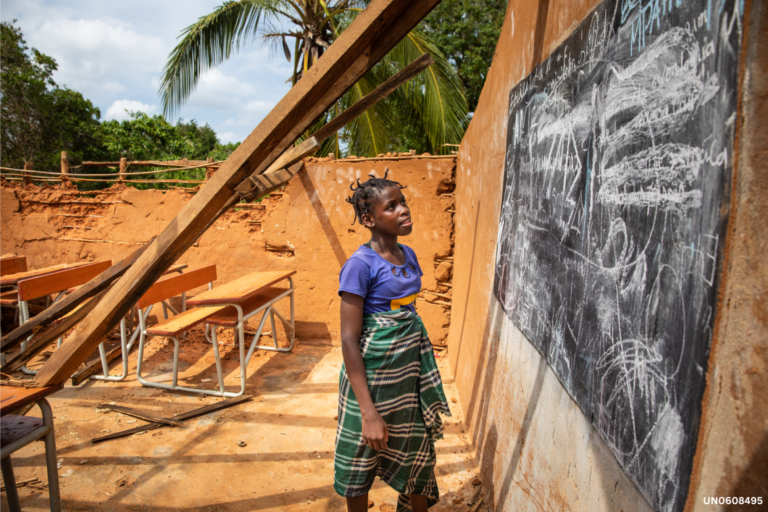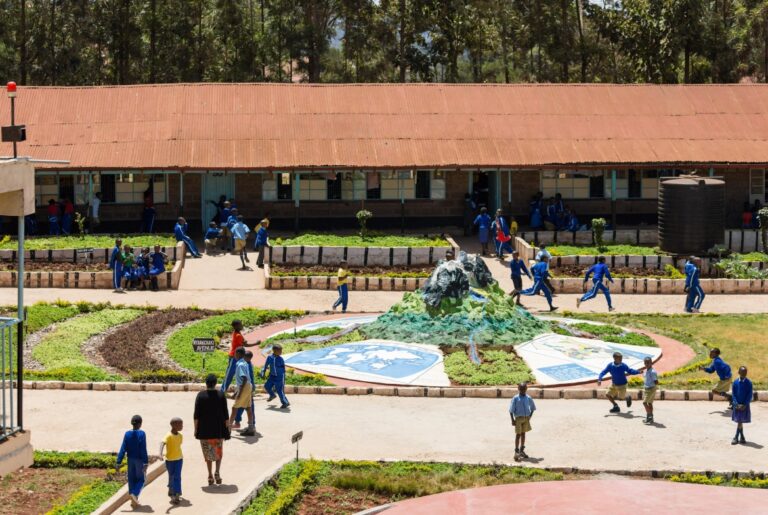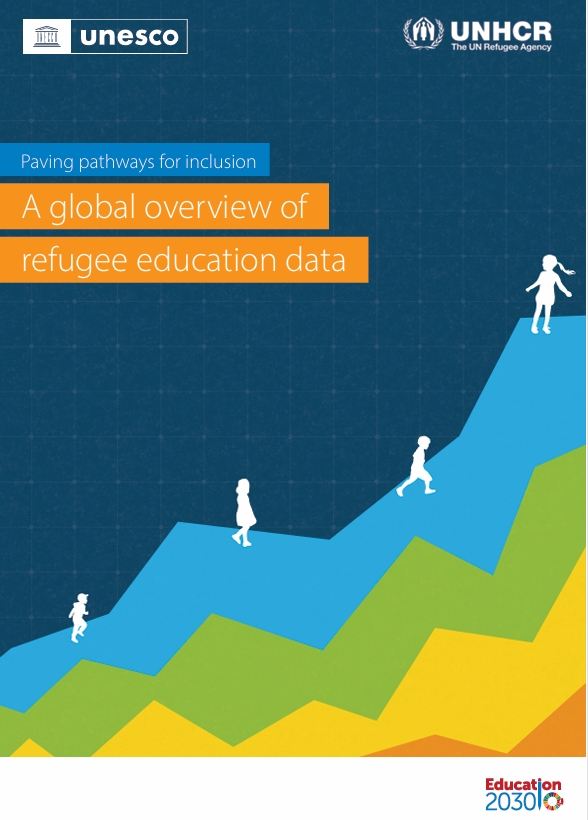Story Source: UNICEF ~ Go to Original Article
NEW YORK, 22 October 2019 – Millions of children living in areas affected by conflict and disaster are at risk because of substantial shortages in funding for lifesaving humanitarian programmes, UNICEF said today.
To date, UNICEF has only received 54 per cent of the US$4.16 billion needed to meet the basic health, education, nutrition and protection needs of 41 million children in 59 countries this year. Heading into the final quarter of 2019, the funding gap stands at 46 per cent.
“Millions of vulnerable children around the world are suffering the grievous consequences of increasingly complex humanitarian crises,” said UNICEF Executive Director Henrietta Fore. “Without additional resources, these children will not go to school, be vaccinated, receive adequate nutrition, or be protected from violence and abuse. While we continue to appeal for an end to conflicts and better readiness to emergencies, we need additional donor support to help us meet children’s most basic needs.”…………………..………………….……………………..



